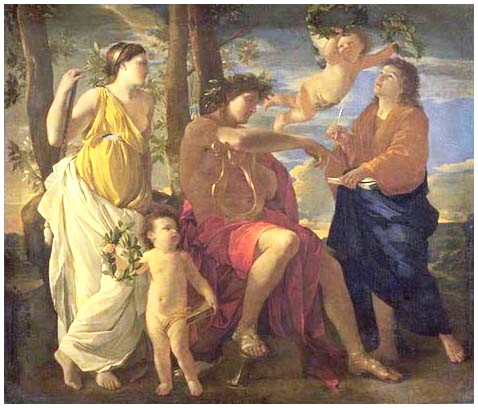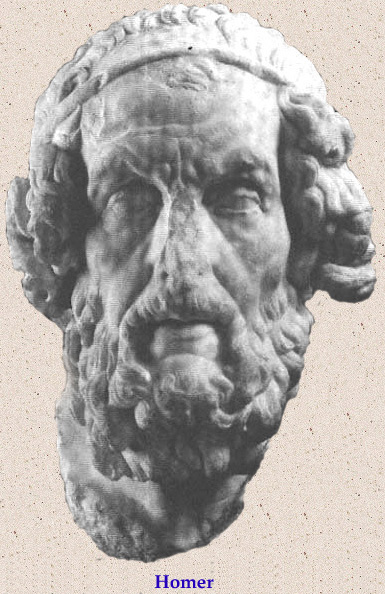

REVISED EDITION 2014







REVISED EDITION 2014





The Whetting Stone is a book of prose dealing with the thousands of years of occidental poetic tradition up to the present day. Theo Radic has written poetry since he was seven and has published four volumes of poetry to date. Writing poetry was not enough for him. He wondered what poetry is as a phenomenon, what are its roots, what is its function, who is the poet, of what use is he or she to society. The 2014 revised edition includes much new material, resulting in a detailed book that has carefully evolved during 20 years of intense reading and study.PREFACE
This book of prose deals with the phenomenon poetry. It is an extensive revision of an appendix to my collection of poetry The Dying Yucca published in 1993. It began as notes I took on a sunny patio in Spain as I read simultaneously Horace’s De Arte Poetica and Byron’s lesser known paraphrase of it called Hints from Horace. The ”two cents more” of the subtitle refer to digressions I have made into Afro-American and Native American poetry, as well as other aspects of the art, that eventually lead the reader back to Horace and Byron.
Having written poetry since I was seven, and having read it all my life, I have come to the conclusion that no one is able to have an overview of the art of poetry. No matter how well-read you may be in the poetry of your mother tongue and other languages, there will always remain vast quantities of poetry that never reach you. Even the most learned among us can only have a fragmentary grasp of poetry. I have slowly come to the understanding that the art of reading poetry is all about which fragments of the canon shall be read, and which shall be passed by. Much that is valuable must be passed by. It becomes like the choice of ice cream: just so many scoops can be piled on your cone, and you must pass strawberry and vanilla by, even though they too are good.
In reading Byron, I have passed by much in the 19th century that is more fashionable in our time. And in reading what is fashionable just now, many readers have passed Byron by, or only slightly glimpsed his rare genius, without really being astonished by it as Goethe was astonished. It is much more difficult to perceive Horace, for we know much less about him than we do about Byron. Both were rebels, both were satirists, both grew up in the capital cities of dying empires. Both remain modern and provide us with what Byron called a ”prototype” of the poet, in all his splendor, in all his degradation.
I finish this book realizing that it must be started again, and again, renewed, revitalized, sharpened on the whetting stone of culture as it is dulled by time. I am more astonished by the English language having finished this book, more aware of my ignorance of its mystery, than when I started. Constantly being born, in a state of eternal metamorphosis, English changes its appearance even as I use it, like the Egyptian wizard Proteus who was stalked by Menelaus clad in a seal skin. Transforming itself from one hallucination to the next, it’s poetic character is an ever-changing mystery, verbal solar flares radiating strange warmth.

Preface I The Blade Sings on the Stone
II The Excited States and Europe
III The University Sound
IV African Atavisms
V The Muse of Turtle Island
VI The Lyre and the Flute
VII Mnemosyne
VIII The Harvest Sings on the Blade


The Inspiration of the Poet
Nicholas Poussin (circa 1630)Non omnis moriar.
"I will not completely die."
- Horace, Odes III:30
(262 pages)
$24 plus shipping
Photo gallery of poets
cited in The Whetting Stone


Home | Books | Sheet music for guitar | Visual arts | Biography | Syukhtun Copyright © 2024 Syukhtun EditionsTM, All Rights Reserved
syukhtun.net domain name is trade marked SM , All Rights Reserved
